Publications
Articles, publications, books, tools and multimedia features from the U.S. Institute of Peace provide the latest news, analysis, research findings, practitioner guides and reports, all related to the conflict zones and issues that are at the center of the Institute’s work to prevent and reduce violent conflict.
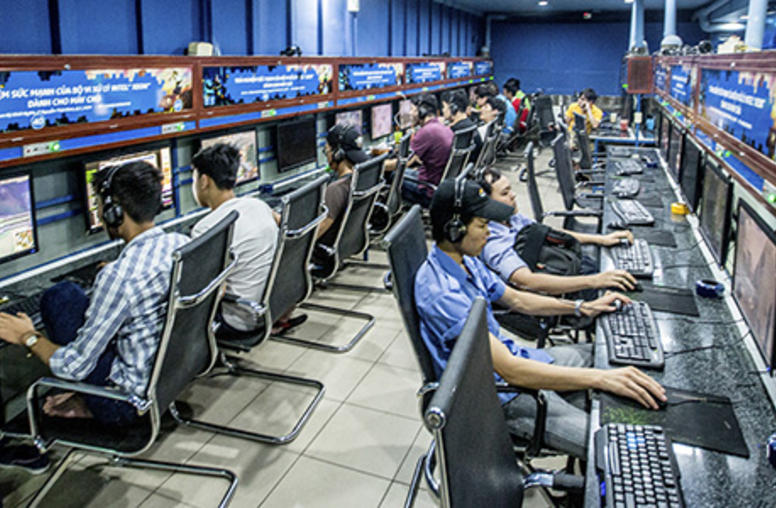
Can Your PlayStation Stop a War?
Video games are being used for everything from helping find cures for HIV to losing weight. It's time to start using them to make peace.
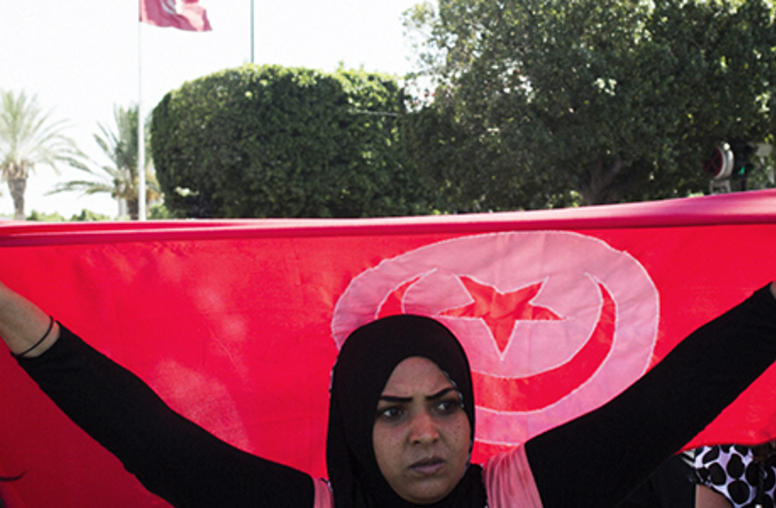
The Peacebuilder’s Field Guide to Protest Movements
Protest movements around the world scored major victories in 2015. But if we want to see real change, international donors need to stop fretting and lend a hand.
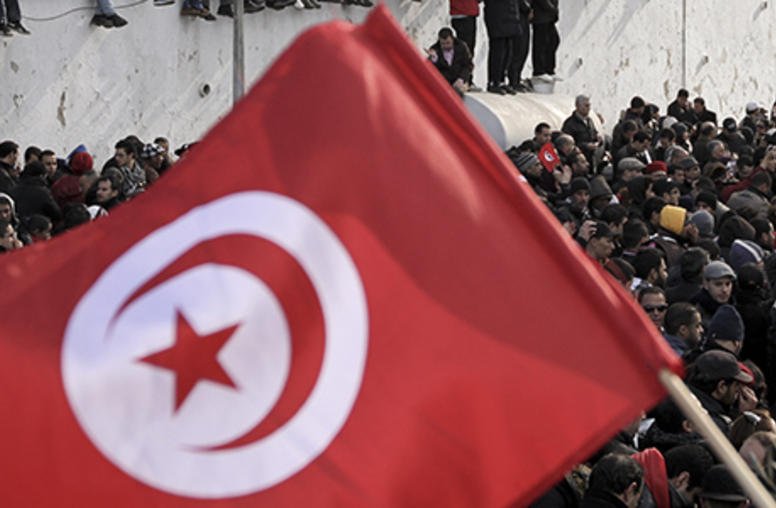
Tunisia’s Revolution: Five Years On, What Lies Ahead
In the wake of the 2011 Arab Spring uprisings, Tunisia stands alone. As other countries in the upheaval have splintered into civil war or returned to dictatorship, Tunisia’s Jasmine Revolution, on its fifth anniversary, remains on a peaceful, democratic path with an elected parliament and coalition government bound by a constitution. At the same time, the specter of a weakening economy, rising violent extremism and an increasingly disillusioned public tugs at the future.
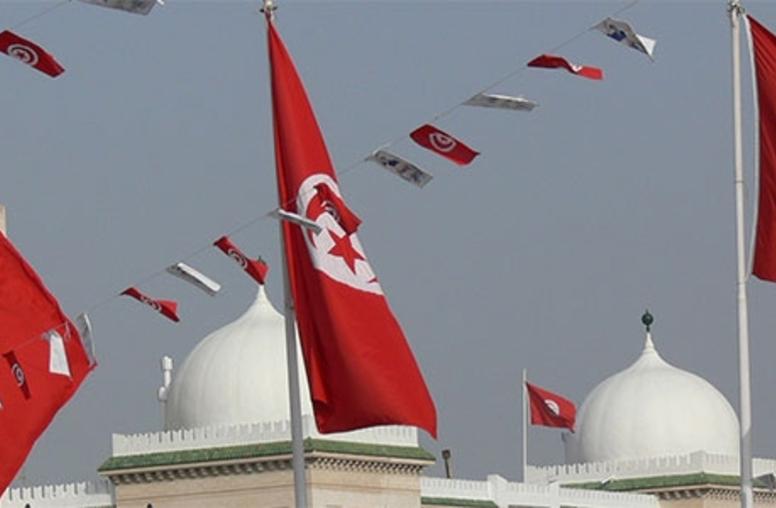
In Tunisia, Economic Crisis Threatens Political Progress
The relative stability of Tunisia’s politics—achieved through a “national dialogue” whose mediators won the Nobel Peace Prize—is largely holding. Within a broad, governing coalition, Islamists, secularists, trade unions and employers all jockey for advantage in the usual democratic ways. But beneath the comparative calm, an economic crisis threatens the political gains of the only country building a democracy from the Arab Spring uprisings of 2011.
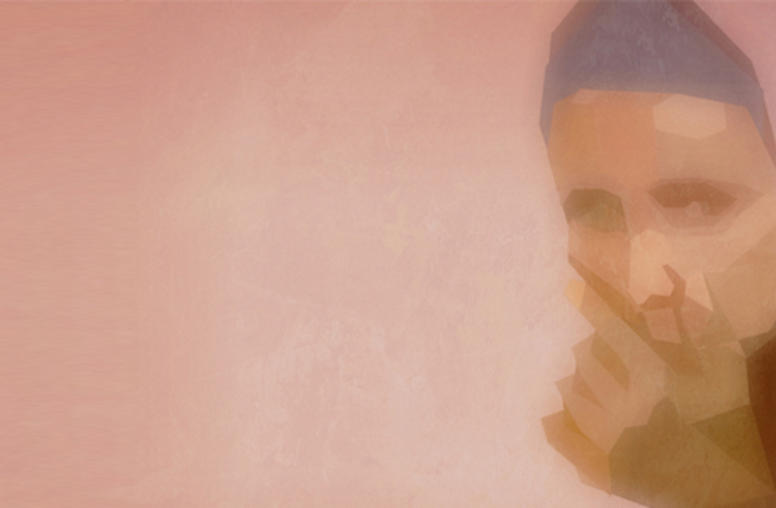
Music, Poetry, Film: Shoring Up Identities for Peaceful Ends
A Somali master poet reconnects citizens to their government. A Lebanese filmmaker collects fighters' stories to dramatize the cost of war. Police in Northern Ireland adopt symbols of peace to signal a new ethos. In places simmering with long-standing social tensions and alienation, common cultural understandings can help ease hostility, suggesting a potentially powerful role for a mechanism still under-used in peacebuilding: the arts.
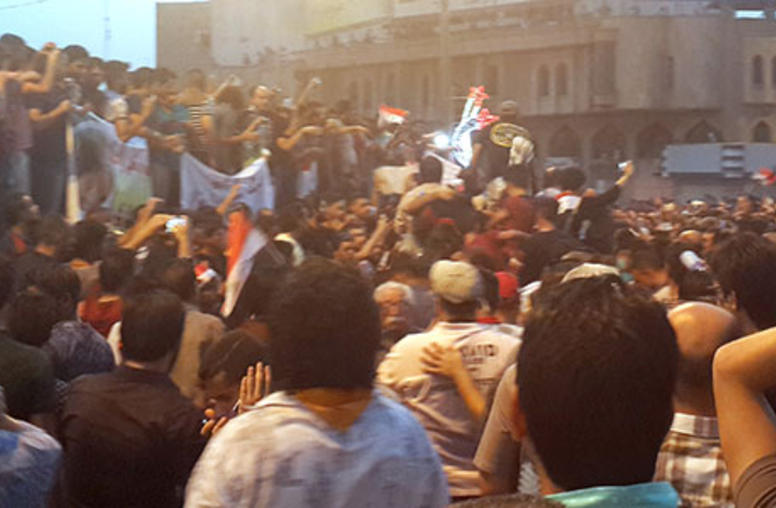
Q&A: Iraqi Protesters Demand Action on Corruption and Reforms
A growing tide of street protests has swept 11 of Iraq’s 18 provinces since mid-July and are scheduled to resume Oct. 2 after a pause for the Eid al-Adha holiday. Citizens’ anger over abysmal public services and rampant corruption had boiled over in July as temperatures soared above 130 degrees amid notoriously short electricity supplies. The persistence of the largely peaceful demonstrations emboldened Prime Minister Haider al-Abadi to introduce far-reaching measures to combat corruption and...
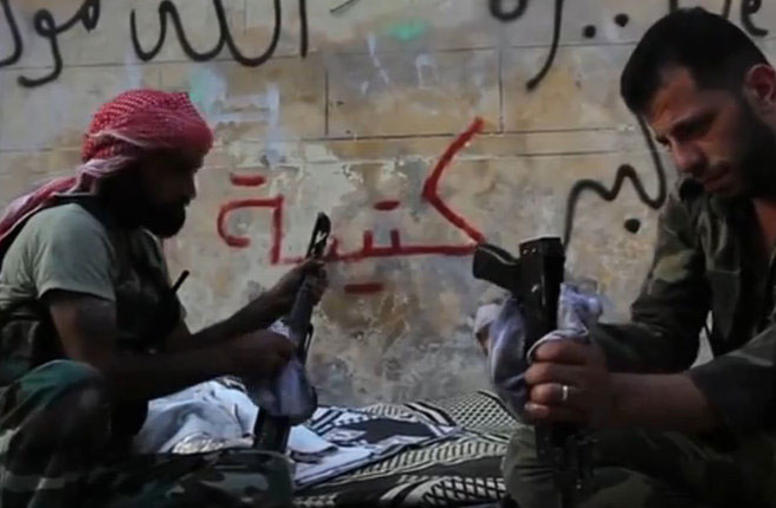
Four Lessons for Fighting Extremists – Without Guns
As the military campaign against the Islamic State stalls, it's time to turn to a civilian solution.
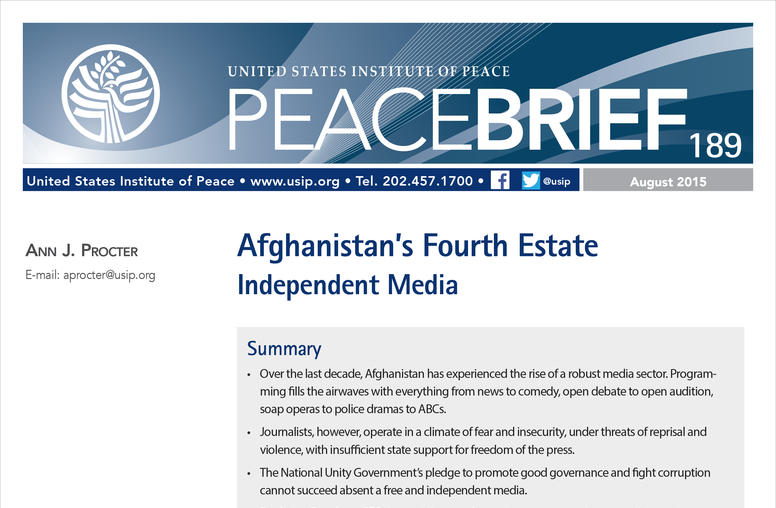
Afghanistan’s Fourth Estate: Independent Media
Afghanistan’s media have evolved at warp speed since the fall of the Taliban in 2001, yet being a journalist remains an extremely dangerous occupation, as many have been killed and still more threatened with violence if they persist in their work. The growth of Afghanistan’s democracy depends on a functioning media. This report examines the situation and offers paths forward to making Afghanistan safer for journalism.
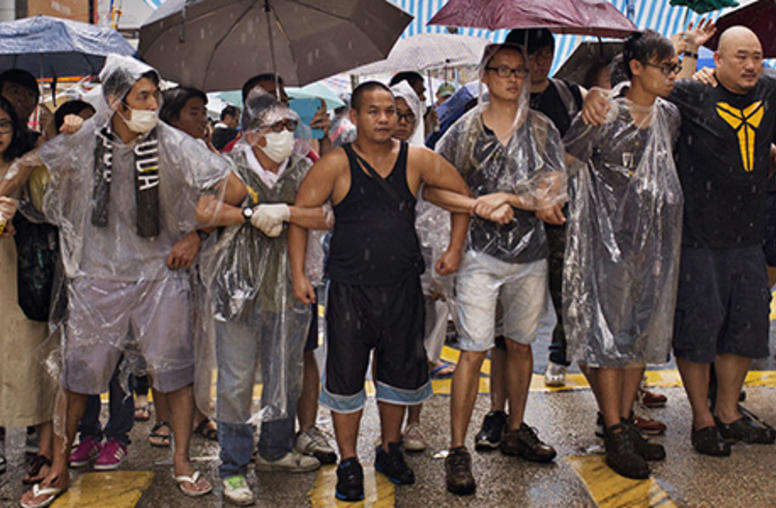
From Conflict in the Streets to Peace in the Society
From Hong Kong’s boulevards and Nairobi’s Uhuru Park to the maidans of Kyiv, Cairo and Tunis, millions of people have massed in recent years to demand greater democracy and transparency from their governments. Dozens of similar campaigns have been fought more quietly. A quarter-century of worldwide growth in such non-violent civil resistance movements has sharpened a question both for their activists and for practitioners of traditional peacebuilding: How can such resistance movements and conflict-resolution work be combined to build more stable, democratic societies?
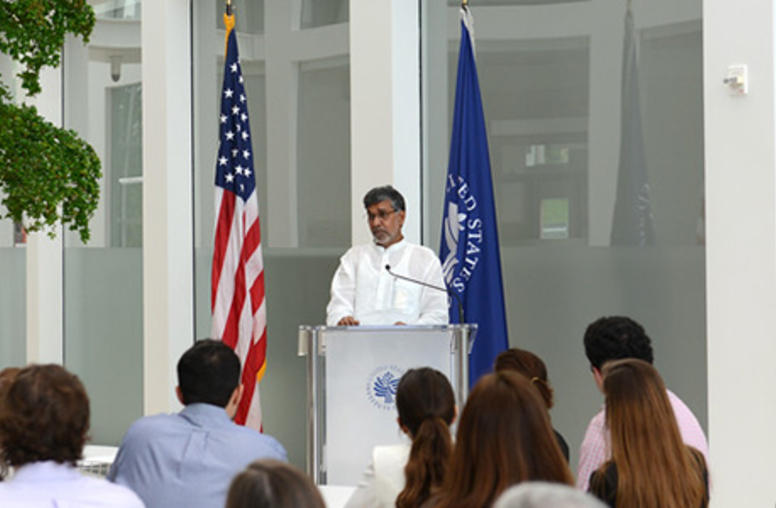
India’s Nobel Winner Takes His Fight for Children Global
Indian children’s rights campaigner Kailash Satyarthi is using his Nobel Peace Prize to build a global campaign to end child labor and enslavement. He outlined his plan at the U.S. Institute of Peace last week in his first visit to the U.S. since receiving the award.